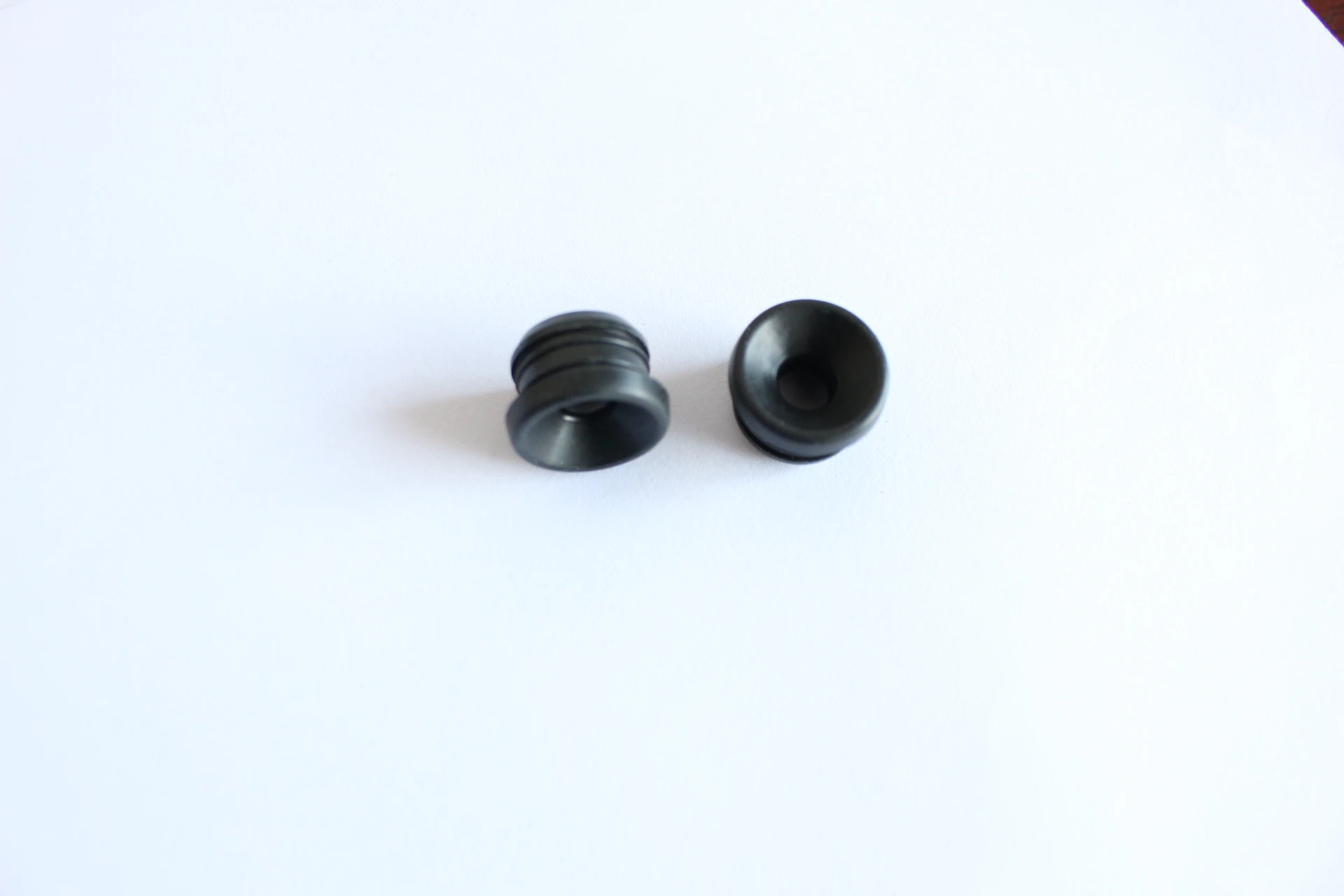gasoline resistant o rings
Gasoline Resistant O-Rings Essential Components for Automotive Applications
In the automotive industry, the importance of reliable sealing solutions cannot be overstated. One such crucial element is the O-ring, particularly gasoline-resistant O-rings, which play a vital role in ensuring the functionality and safety of various automotive systems. This article will explore the significance of gasoline-resistant O-rings, their materials, applications, and considerations for selection and maintenance.
Understanding O-Rings
O-Rings are circular seals that are used to prevent the leakage of fluids or gases in various applications. They are typically made from elastomers, which exhibit flexibility and resilience. The design and function of O-rings allow them to create a tight seal between two mating surfaces, effectively preventing any fluid or gas escape. Their simplistic design belies their crucial role in machinery, automobiles, and many other applications.
The Need for Gasoline-Resistant O-Rings
Gasoline is a complex mixture of hydrocarbons and other chemical compounds. Due to its chemical nature, it can cause many materials to degrade over time, leading to potential leaks and failures. Therefore, using O-rings specifically designed to resist gasoline is critical in any automotive application involving fuel systems. These specialized O-rings not only enhance the lifespan of components but also ensure safety by preventing hazardous leaks that could lead to fires or explosions.
Materials for Gasoline-Resistant O-Rings
Gasoline-resistant O-rings are typically made from materials that can withstand the corrosive effects of gasoline. The most commonly used materials include
1. Nitrile Rubber (NBR) This synthetic rubber is known for its excellent resistance to gasoline and petroleum-based fluids. Nitrile O-rings have good tensile strength and wear resistance, making them suitable for fuel system applications.
2. Fluoroelastomers (FKM) These materials offer superior resistance to a wider range of fuels, oils, and high temperatures. Fluoroelastomer O-rings can be more expensive but provide extended service life in extreme conditions, making them ideal for high-performance applications.
3. Polyurethane (PU) Known for its exceptional abrasion resistance, polyurethane O-rings can also handle gasoline with ease. Their versatility in various operating conditions makes them a viable choice for automotive use.
gasoline resistant o rings

4. EPDM (Ethylene Propylene Diene Monomer) While typically not recommended for high concentrations of gasoline, specialized EPDM formulations can still perform adequately in certain fuel applications.
Applications
Gasoline-resistant O-rings are commonly found in several critical automotive components, including
- Fuel Pumps Ensuring a secure seal to prevent leaks in fuel delivery systems. - Fuel Injectors Maintaining pressure and ensuring proper spraying without leaks. - Fuel Tanks Seals between the tank and filler neck, as well as between the tank and fuel lines. - Carburetors Preventing fuel leaks that could disrupt engine performance.
Selection and Maintenance
When selecting gasoline-resistant O-rings, it is essential to consider several factors, including
- Compatibility The O-ring material must be compatible with the specific gasoline composition and environmental conditions. - Temperature Range Consider the operational temperature to ensure the O-ring performs effectively without degrading. - Size and Dimensions Proper sizing is critical to ensuring an effective seal.
Moreover, regular inspection and maintenance of O-rings can help identify wear or degradation early, minimizing potential failures. This can involve checking for signs of cracking, swelling, or loss of flexibility and replacing them as necessary.
Conclusion
Gasoline-resistant O-rings are indispensable components in automotive applications where fuel management is critical. With proper selection and maintenance, these O-rings ensure optimal performance and safety in all fuel-related systems. Understanding their materials, applications, and care protocols is essential for any automotive technician or DIY enthusiast aiming to maintain vehicle integrity and performance.
-
Simplifying Oil Changes: A Comprehensive Guide to Oil Drain Plugs and Their Variants
News Aug.04,2025
-
Mastering Oil Drain Maintenance: Solutions for Stripped, Worn, and Upgraded Oil Plugs
News Aug.04,2025
-
Fixing Oil Pan Plug Issues: Leaks, Stripped Nuts, and the Right Replacement Solutions
News Aug.04,2025
-
Everything You Need to Know About Oil Drain Plugs: Sizes, Fixes, and Upgrades
News Aug.04,2025
-
Choosing the Right Oil Drain Plug: A Guide to Sizes, Materials, and Drain Innovations
News Aug.04,2025
-
A Complete Guide to Automotive Drain Plugs: Types, Problems, and Innovative Solutions
News Aug.04,2025
-
The Ultimate Guide to Car Repair Kits: Tools and Essentials Every Driver Should Own
News Aug.01,2025
Products categories















